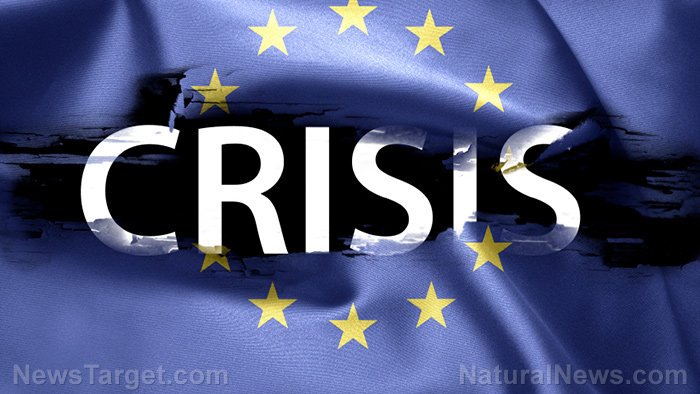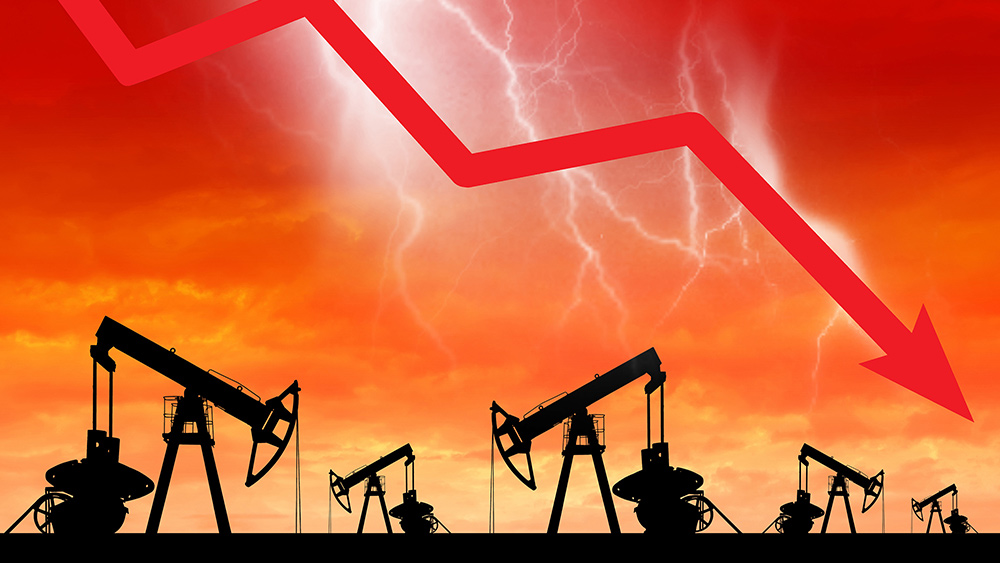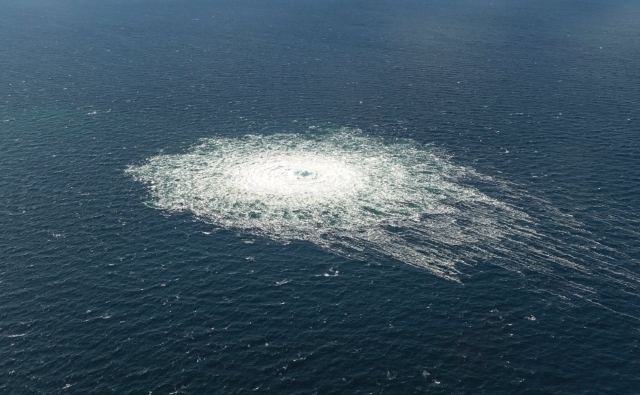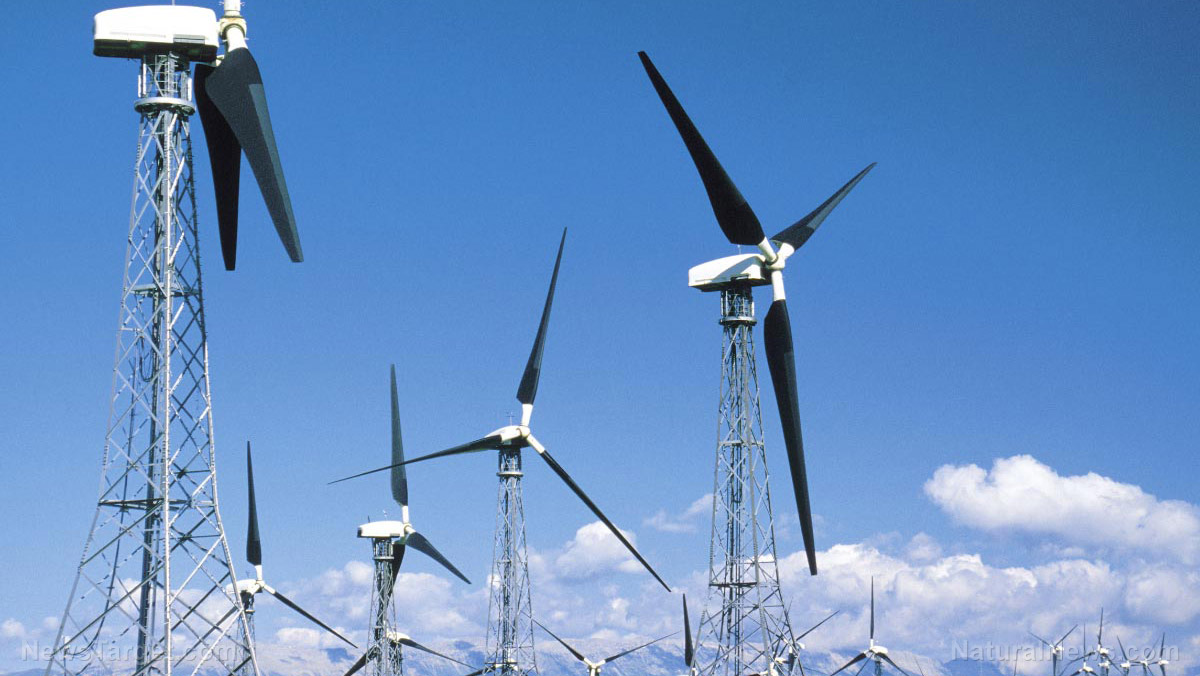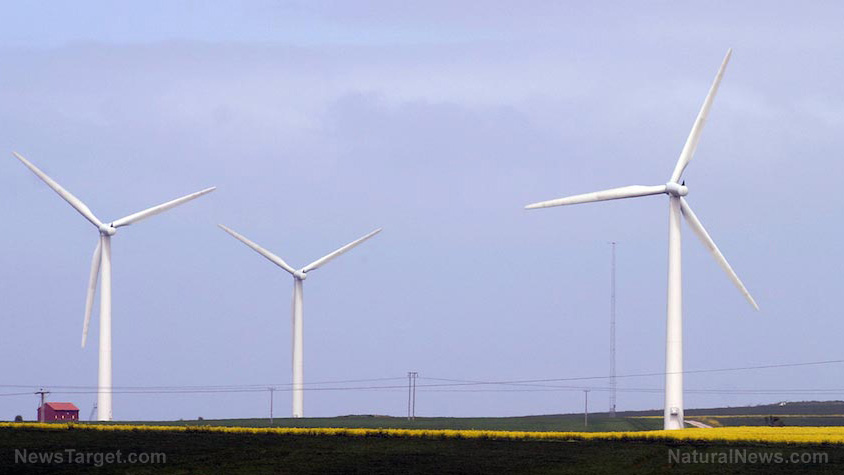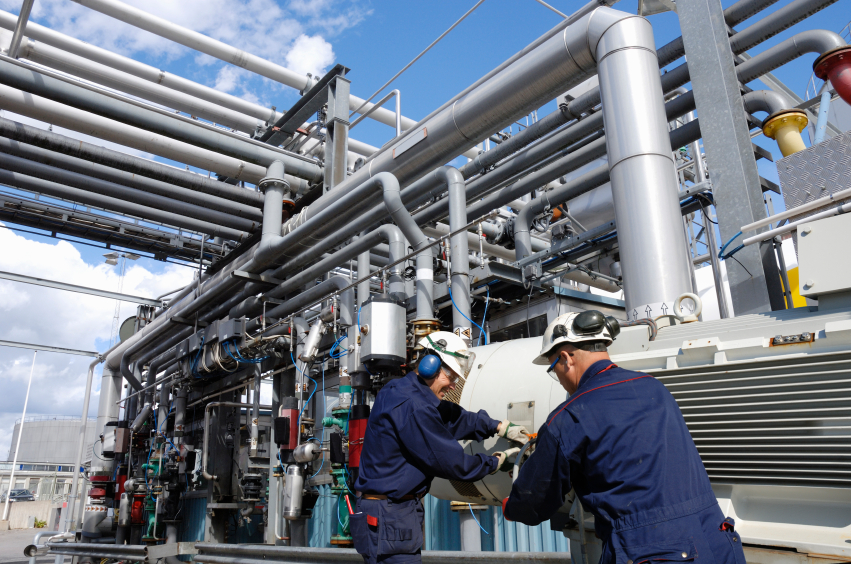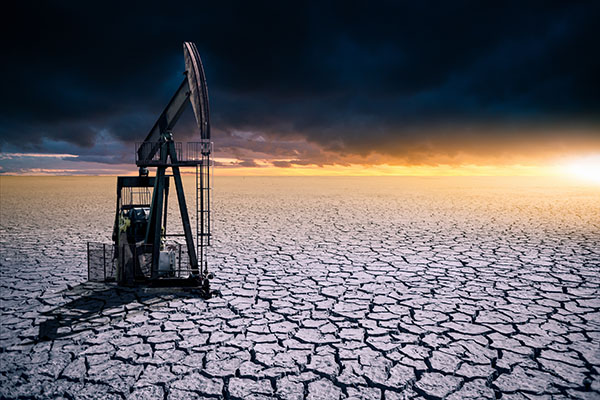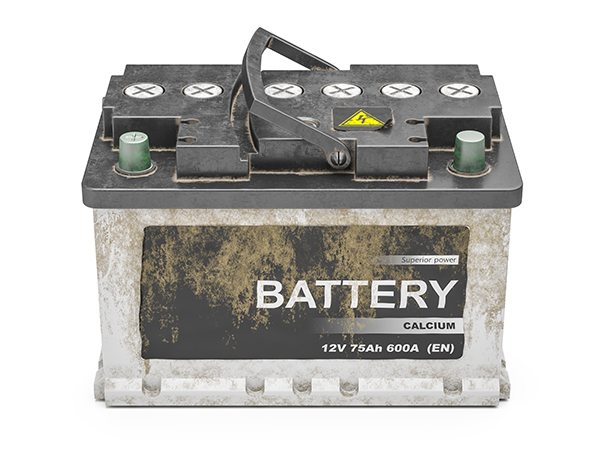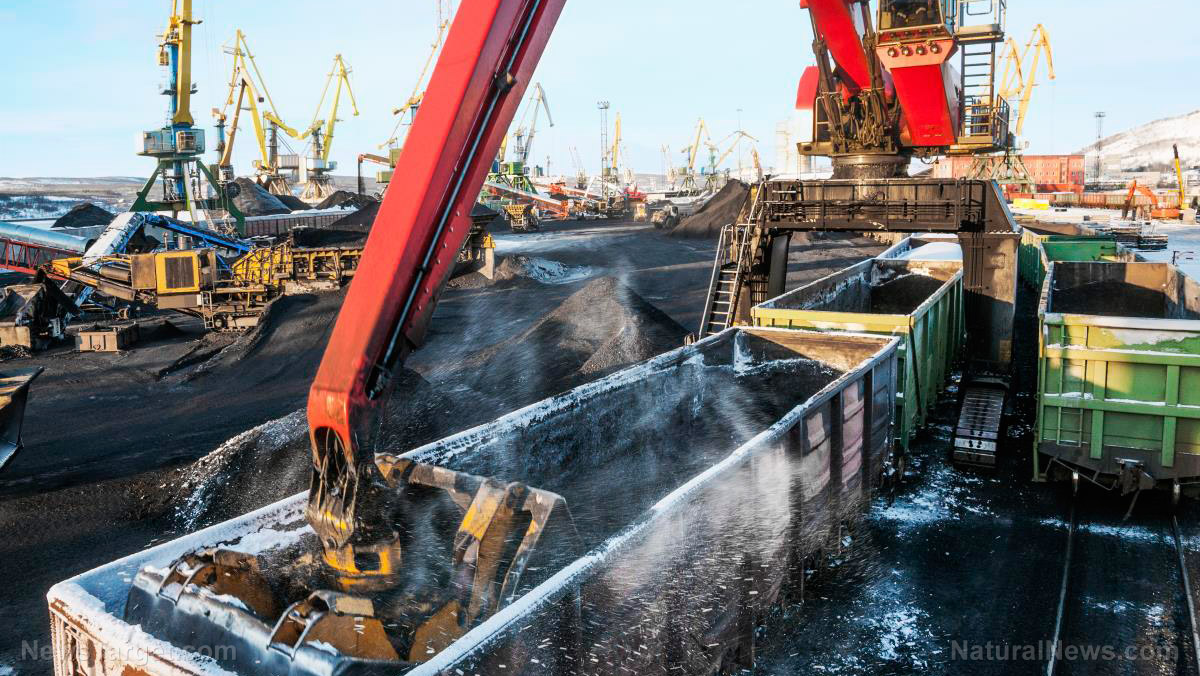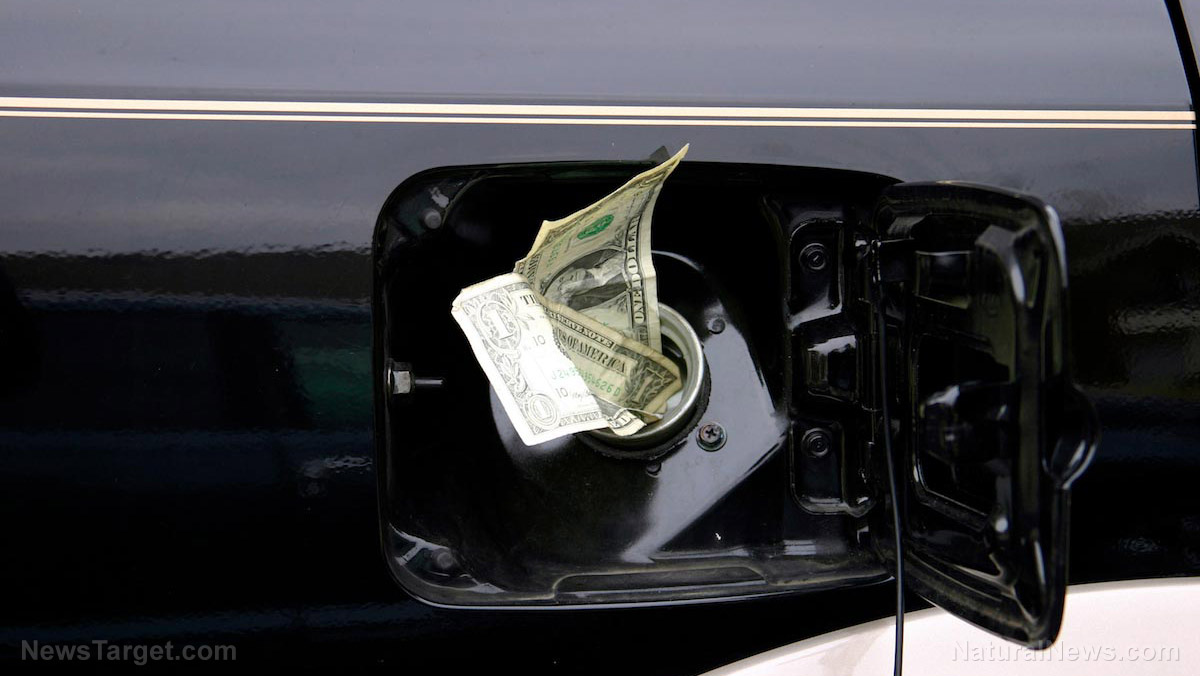Germany blocks Hungary’s nuclear reactor project, putting Budapest’s energy sovereignty under threat
02/20/2023 / By Ramon Tomey

Germany is allegedly blocking Hungary from conducting upgrades to its nuclear reactor project, threatening Budapest’s energy sovereignty.
Hungarian Foreign Affairs Minister Peter Szijjarto disclosed this on Feb. 14, lamenting that Berlin is preventing German company Siemens Energy from delivering a necessary system to upgrade the Paks nuclear power plant in central Hungary. According to him, it was regrettable that certain ministers in the German government were blocking the company’s participation in the nuclear plant.
Szijjarto noted that each country can put together its energy mix as its national interests dictate, and Berlin’s actions are jeopardizing the country’s long-term energy security.
“The Germans are now questioning our right to do so. With this decision – this blocking – they are putting our long-term energy at risk, which is unacceptable,” he said following a meeting in Paris with French Energy Minister Agnes Pannier-Runacher and Foreign Minister Catherine Colonna.
“This could qualify as an attack on out sovereignty, as the security of energy supply is an issue of sovereignty.”
According to the Hungarian official, a German-French consortium had signed a contract to supply the control system for the new nuclear reactor units to be installed at the Paks plant. Paris has already granted the necessary licenses, but Berlin has not yet done so.
Quoting Szijjarto, Hungarian news outler Magyar Nemzet reported that both Budapest and Paris are united in promoting the use of nuclear energy in Europe. The top diplomat noted that Hungary and France successfully fought side by side in the European Union to recognize nuclear energy as sustainable.
Germany ought to be more understanding
It is interesting to note that Germany, who is now blocking Hungary’s plans to address its energy issues, had been in a similar position as Budapest just a few months ago.
Back in July of last year, Steve Quayle of Strange Sounds expounded on this predicament. He wrote that Siemens Energy – the same company contracted by Hungary – had been servicing a turbine for a natural gas compressor from Germany at its facility in Canada’s Quebec province. The said turbine was part of the Nord Stream pipelines that supply Europe with natural gas from Russia.
Ottawa’s sanctions on Moscow prevented the return of the turbine to Berlin. However, Quayle mentioned that Canada may be wanting something more before the turbine is sent back – a liquefied natural gas (LNG) contract between Germany and the country. (Related: BLACKMAIL: Canada may be withholding Nord Stream gas turbine until Germany signs LNG contract.)
State-run natural gas firm Gazprom reduced flows to the Nord Stream 1 pipeline from Russia to Europe to just 40 percent in June, citing the delayed turbine. Moscow remarked that gas supplies to the continent would increase if the turbine was returned at the soonest.
The Guardian later reported that Canada agreed to exempt the turbine from sanctions. In a statement, Canadian Natural Resources Minister Jonathan Wilkinson said Ottawa had issued a “time-limited and revocable permit” for the components, in spite of Ukraine’s protests.
According to him, the export permit to support Europe’s ability to access reliable and affordable energy as they continue to transition away from Russian oil and gas” was issued following discussions with “European friends and allies” and the International Energy Agency.
However, the turbine was barely used as the Nord Stream 1 and 2 pipelines were sabotaged in September 2022.
Head over to EnergySupply.news for more stories about energy supply in Europe
Listen to the Health Ranger Mike Adams as he explains why the destruction of the Nord Stream pipelines demonstrates America’s terrorism against Western Europe.
This video is from the Health Ranger Report channel on Brighteon.com.
More related stories:
Germany’s energy conservation plans failing; very dark winter looms.
Hungary, Serbia building pipeline for Russian oil and gas to dodge EU sanctions.
Sources include:
Submit a correction >>
Tagged Under:
Canada, collapse, compressor turbine, control system, energy collapse, energy independence, energy supply, fuel supply, gas compressor, Germany, Hungary, liquefied natural gas, nuclear, nuclear energy, nuclear reactor, Paks nuclear plant, Peter Szijjarto
This article may contain statements that reflect the opinion of the author
RECENT NEWS & ARTICLES
NewEnergyReport.com is a fact-based public education website published by New Energy Report Features, LLC.
All content copyright © 2018 by New Energy Report Features, LLC.
Contact Us with Tips or Corrections
All trademarks, registered trademarks and servicemarks mentioned on this site are the property of their respective owners.


